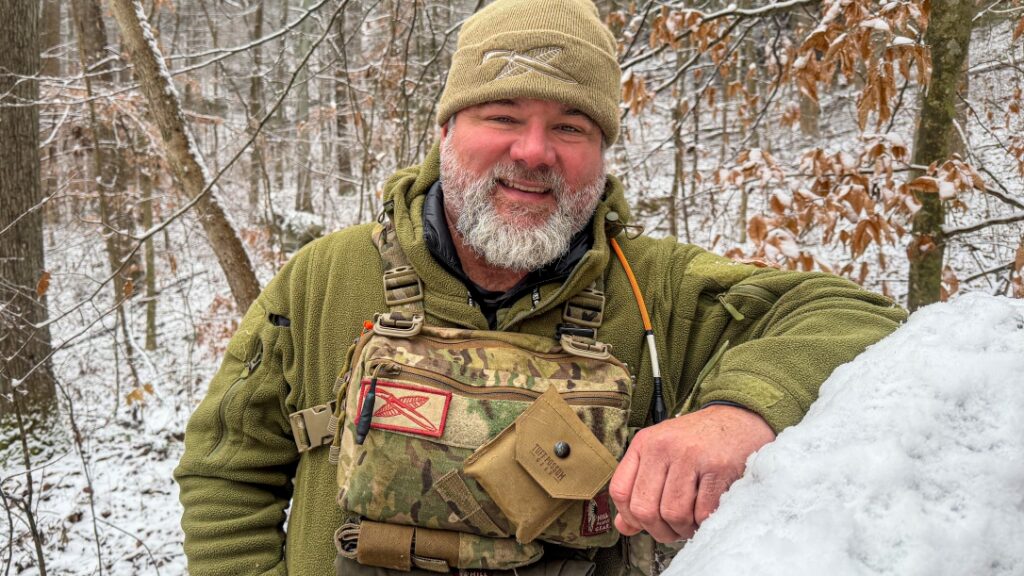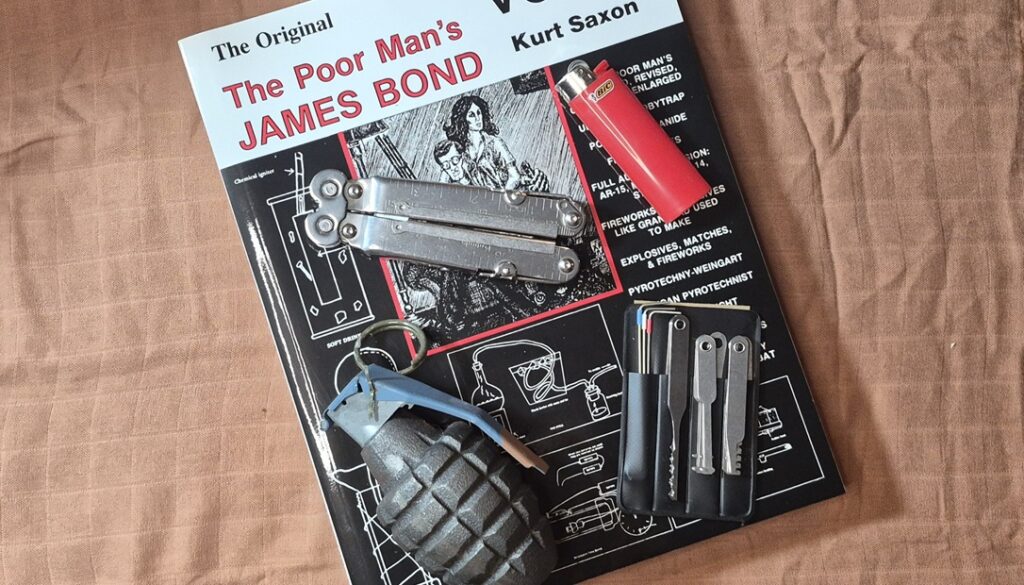Every time this particular TED talk crosses my feed I like to share it. Peter van Uhm, in 2011, gave a TED talk in Amsterdam on why he chose to take up the gun. To take up arms and learn that discipline in order build a peaceful world alongside the writers, artists, doctors, and scientists who normally populate the TED stage.
He remarks on the unique privilege of people in the audience being uncomfortable with a gun, on that stage in front of them in the hands of their own military commander. It was good, in a way, that they felt discomfort. It meant they lived in a nation not at war, something Peter’s father did not have the luxury of when Nazi troops took the Netherlands.
There was an older meme. First world problems.
Advertisement — Continue Reading Below

The freedom from the necessity to know the discipline of arms is a first world problem. The incredible privilege that our corners of the world are so safe, because of the discipline of arms, that small professional militaries and police forces are the norm.
How unique is that in world history? Peter explains. But he also has a very European perspective. It is, in its own way, subject to the biases inherent in that semi-isolation of Western European societies and smaller more homogenous groups. His perspective is well reasoned and introspective, and it is important to hear and understand.
Advertisement — Continue Reading Below
Agree? Not with everything. Having a legal monopoly on legitimate force is not the same as a government monopoly. Equally, acknowledgement that the sliding scale of incentives that use of force is on is not perfectly rational or predictable as all parties using that scale do not think the same. Each participant is assigning values to various options at their disposal, these values are not equally assigned person to person, they are highly subjective to the motivations of the group.















